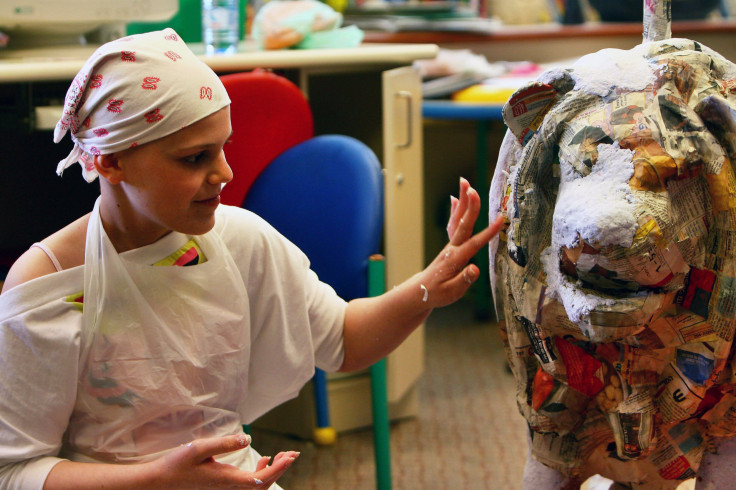Skin bacteria advances growth of lymphoma, according to study

Toxins in the staphylococcus bacteria advance the growth of cancer cells in patients with lymphoma, according to research from the University of Copenhagen. Normally, bacteria found on the skin are beneficial to one’s health but the new study, published in one of the world's leading haematology journals Blood, claims that the bacteria gain control over healthy cells, exacerbating the illness.
"We have gained important insight into the processes that activate cancer cells and make them grow. Patients' frequent bacteria infections might not be a mere side effect of the disease - on the contrary, toxins in the bacteria actually 'benefit' cancer cells,” lead researcher Niels Oedum, a professor from the University of Copenhagen, said in a press release. “Our next step is examining whether combating infections can slow down the growth of cancer cells and thus stop the disease."
The new research, supported by the Danish Cancer Society's Break Cancer Collection, found that bacteria toxins in some patients enable cancer cells to give off signals that hampers and alters the immune defence mechanism, which normally wards off the cancer cells. The specific immune cells, CD4-T-lymphocytes, turn into cancer cells that cause skin lymphoma. The researchers said that the cells behave abnormally and become opportunistic on the rest of the immune system.
Aside from using healthy cells to do the work, the cancer cells slowly destroy the skin’s immune response. In other words, what was believed to be an overly active immune defence mechanism turns out to be a malignant infection caused by the bacteria, which only worsens the illness.
Currently, experts do not know what causes skin lymphoma or why the disease becomes aggressive in some patients. It is a constant battle between growing cancer cells and an immune defence mechanism that tries to contain the disease.
The researchers said that they will continue their work on how bacteria affect the balance between immunity and the disease. The team aims to understand how bacteria and their toxins worsen cancer, a knowledge that may be used to create new targeted treatments and identify which patients can actually benefit from the use of antibiotic.






